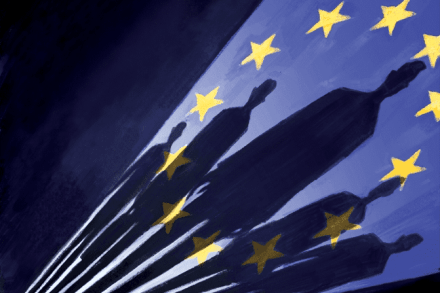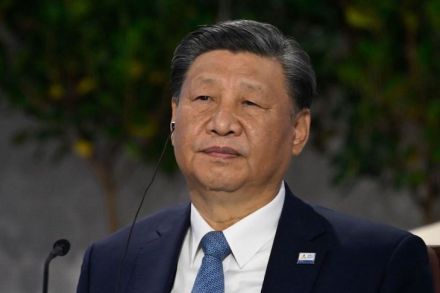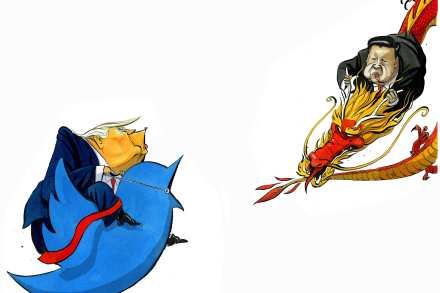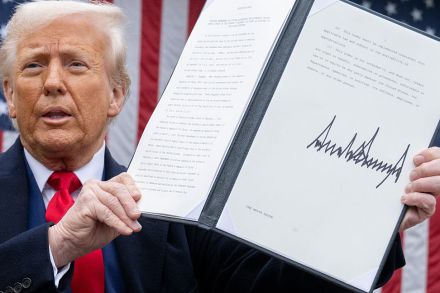Britain’s borrowing is spiralling out of control
Britain borrowed nearly £152 billion in the financial year to March – almost £21 billion more than at the same point in the last financial year, according to the Office for National Statistics (ONS). The latest public finance figures reveal that borrowing in March was the third highest since records began in 1993. Crucially, it’s also nearly £15 billion more than what the Office for Budget Responsibility (OBR) had expected for this point in the financial year. The £9.9 billion headroom Rachel Reeves left herself at the Spring Statement already looks to be in serious doubt. The current budget deficit, which is borrowing to fund day-to-day spending and the metric




















